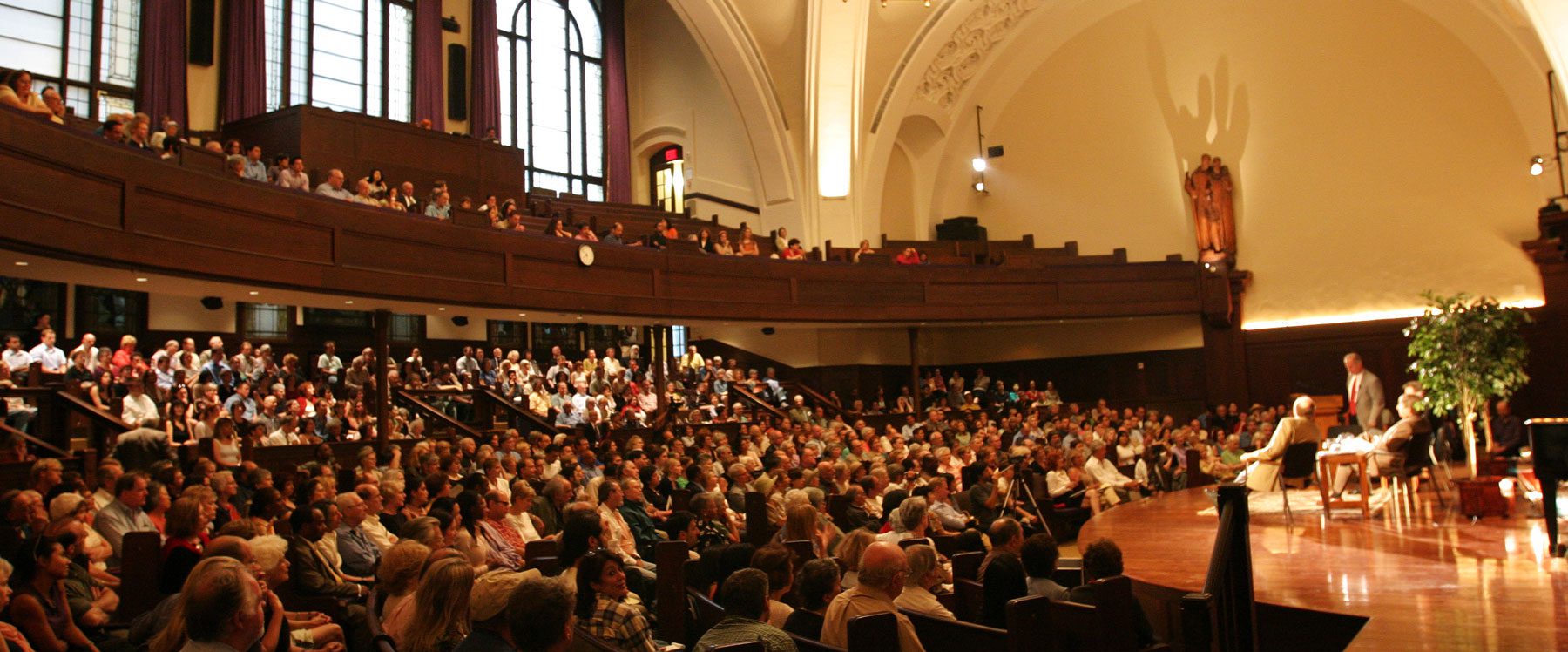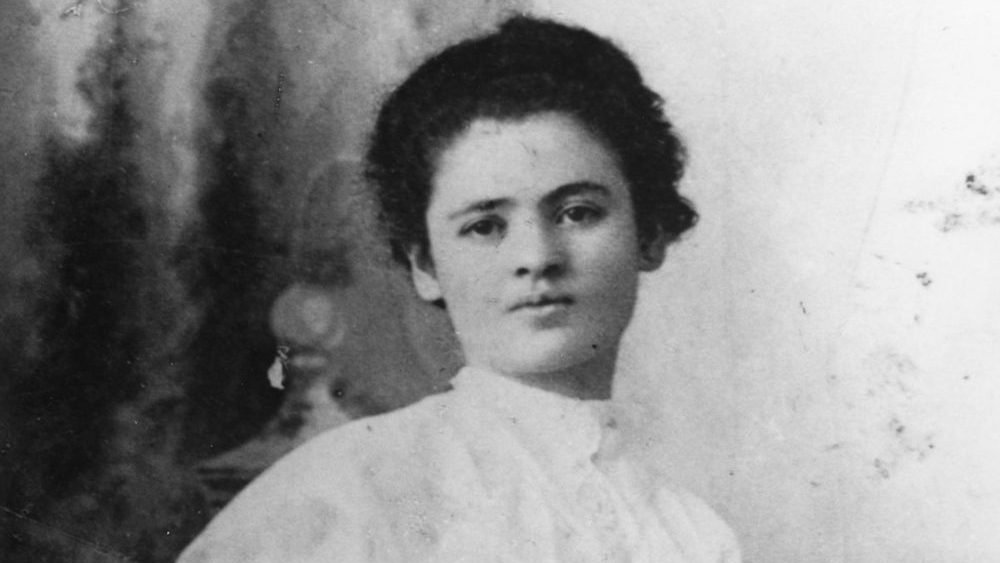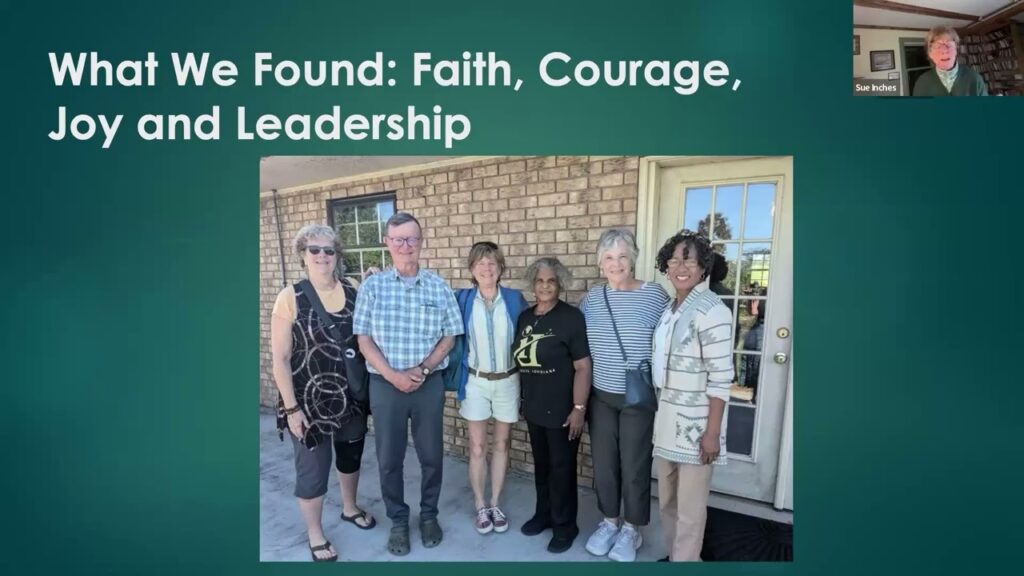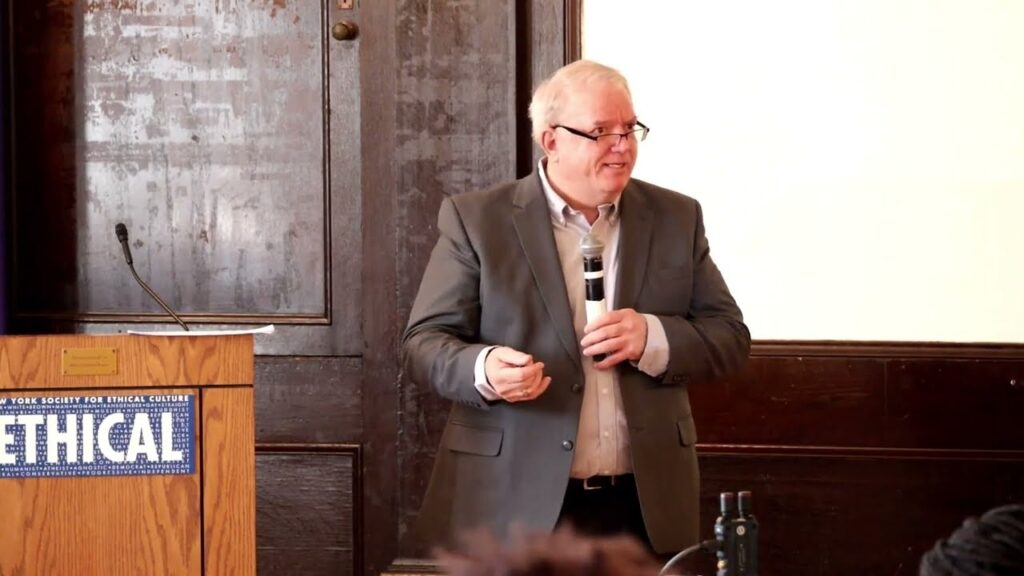
Our hearts break when children die, and we feel moral outrage when they are killed. The shootings at Sandy Hook Elementary School on Friday, December 14, call forth both our love and a commitment to stop such violence. Twenty children and six adults were killed at the school by a deeply disturbed young man, barely more than a child himself, who had at his disposal deadly automatic weapons owned by his mother, whom
he had shot earlier at their home. It came as no great surprise that he ended his barrage of bullets – and his inner torment – by killing himself.
In the midst of shock and mourning came the public analysis, the human impulse to give voice to the unspeakable: a cacophony of words about mental illness, gun control, and a society poisoned by violence. One teacher said, “I can’t imagine who would do this to our poor little babies.” The truth is: We all did it. Every time a tragedy of this nature strikes – and there have been far too many in this country – we hear that it is disrespectful to talk the politics of gun control. Comfort the families, tighten safety procedures in public spaces, and dissect the perpetrator’s personality. But let’s not talk about the proliferation of weapons that rapidly fire multiple rounds and accommodate large magazines. We’re not talking about hunting deer; these weapons, so easily available to disturbed individuals, are instruments of murder.
When he addressed the nation, President Obama said, “We’re going to have to come together and take
meaningful action to prevent more tragedies like this, regardless of the politics.” Saving lives is not “political.” Taking concerted action to control guns is an ethical imperative.







